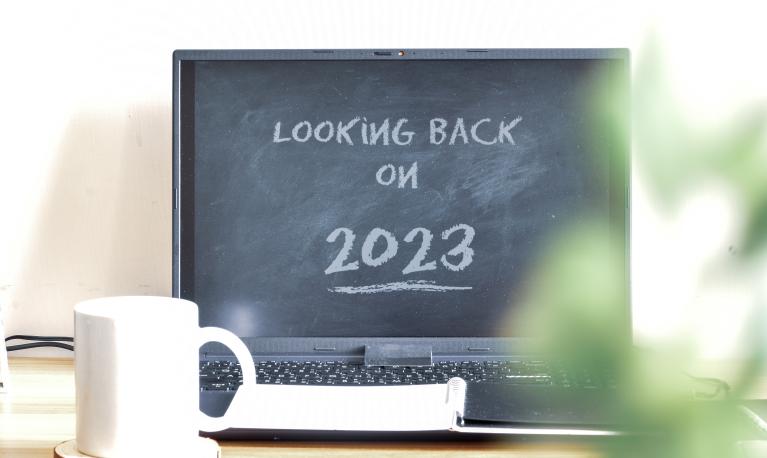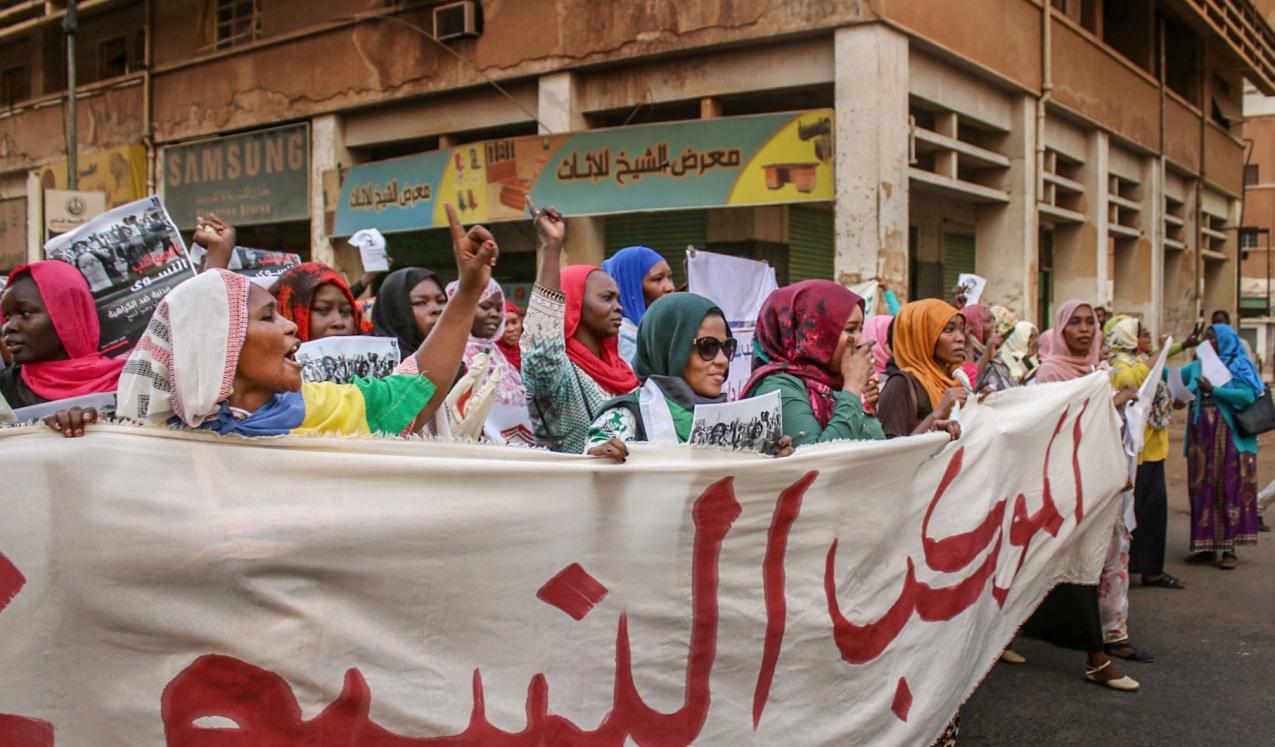
- Report
- 12 February 2025
How women's movements lead demands for democracy in the face of backlash and politicised religion
- Author: Ayesha Khan, Sam Sharp
- Published by: ODI Global
Women’s movements are often dismissed as marginal players to the survival of democratic systems, but feminist mobilisations have been at the forefront of democratic struggles for decades.
New ODI research underscores how women’s movements are leading the push for democratic governance and inclusion, particularly in contexts of eroding civic space or where democracies are increasingly authoritarian. Yet, they face growing backlash from a rising tide of politicised religion.
Based on interviews with activists from nine religiously and politically diverse contexts, findings show how religious politics is not only central to contemporary backlash against gender equality but also to attacks to democratic institutions.
This renewed dominance of institutionalized religious authority in political life means women rely heavily on secular institutions, such as civil courts and secular legal and constitutional frameworks, to advance their claims and hold back the influence of politicised religion – at great personal risk.
The findings from Argentina, Bangladesh, India, Iran, Malaysia, Mexico, Pakistan and Sudan show how women’s movements have had a historical role to play in pushing for democratic reforms, as well as being key to defending democracy today.
Key messages
- Feminist movements have been at the forefront of democratic struggles for decades. But for too long, their critical role has been ignored.
- From Argentina, to Iran, to Pakistan, women’s movements that have led demands for democracy face backlash from a rising tide of authoritarianism, religion in political life, and shrinking civic space.
- Secular institutions are a critical lifeline for women’s movements seeking to hold onto their rights and defend democracy.
- Religious politics is central to the contemporary backlash to both gender equality and democratic governance. Transnational Islamic, Hindu, and Christian fundamentalisms exploit identity politics and threats to religious freedom to erode secularism and undermine women’s rights.
- Tags:
- Social movement, Backlash
- Countries / Regions:
- Global
Related resources
Briefing paper
8 April 2025
Published by: European Politics and Institutions Programme
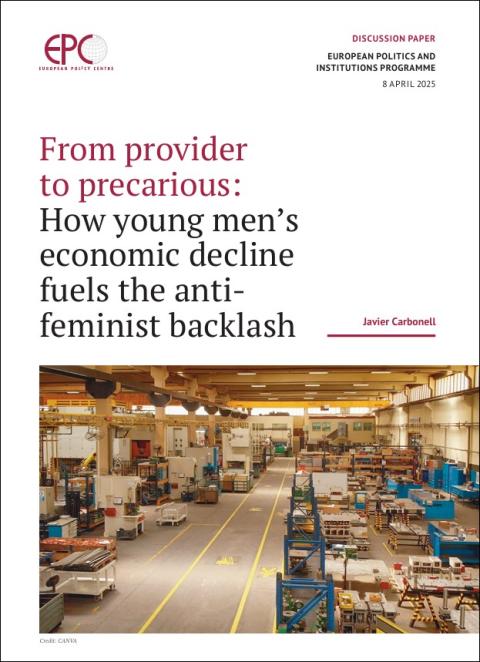
Report
14 April 2025
Published by: ALIGN, IfD
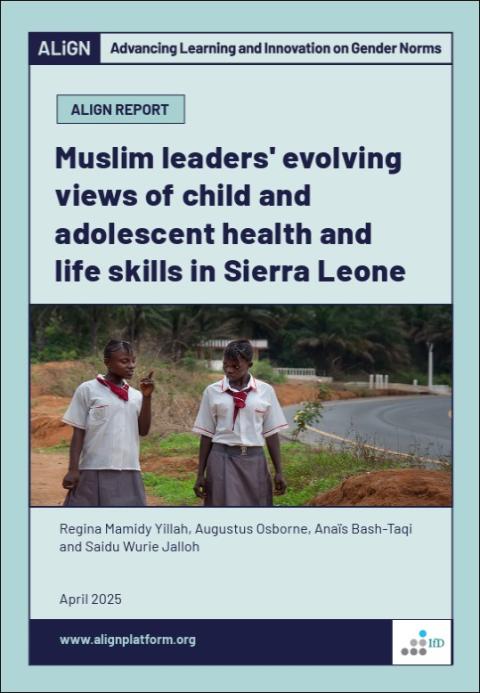
Report
26 March 2025
Published by: ALIGN, Aahung
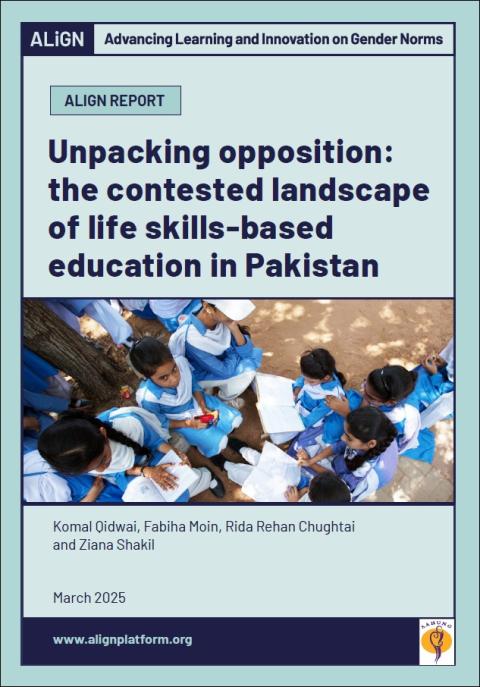
Blog
19 December 2024
Published by: ALIGN
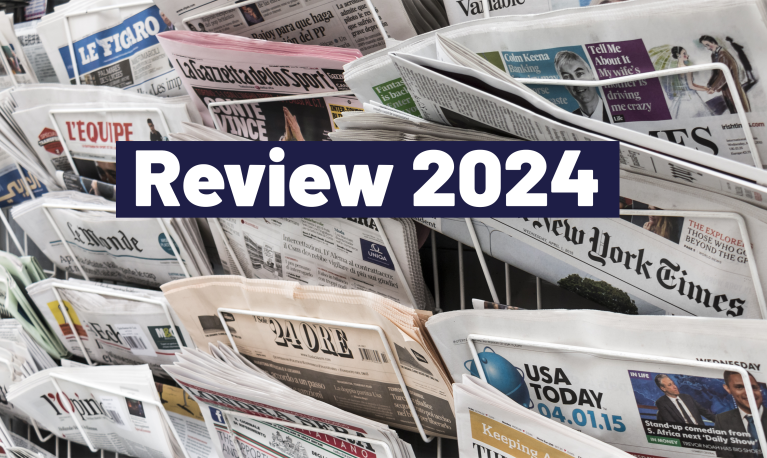
Report
13 November 2024
Published by: ALIGN
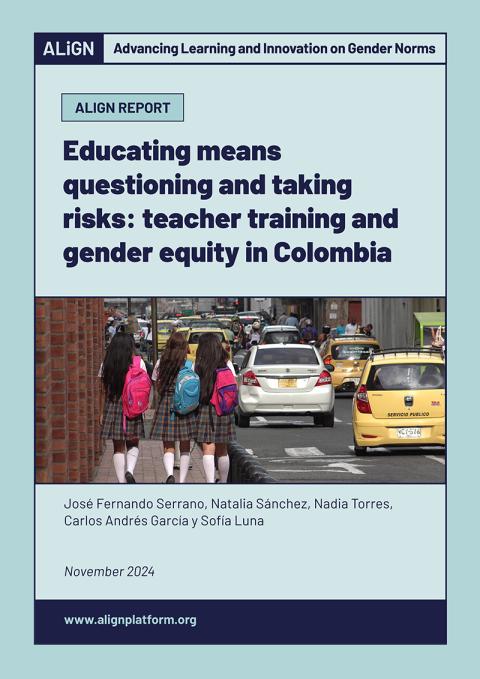
Report
30 September 2024
Published by: ALIGN, Frente Nacional para la Sororidad
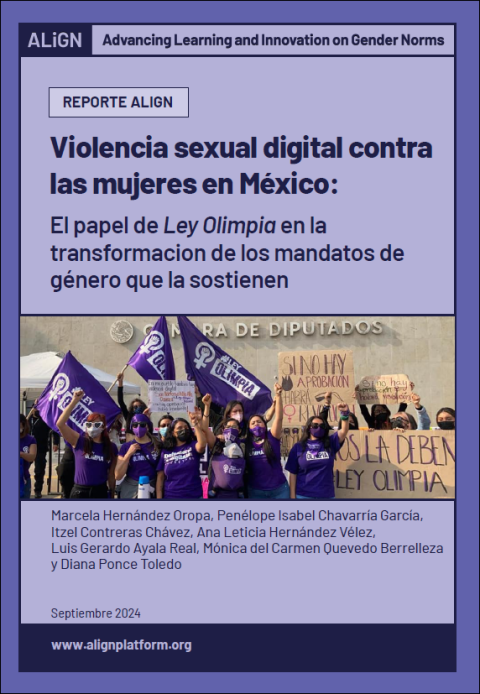
Report
8 September 2024
Published by: ALIGN
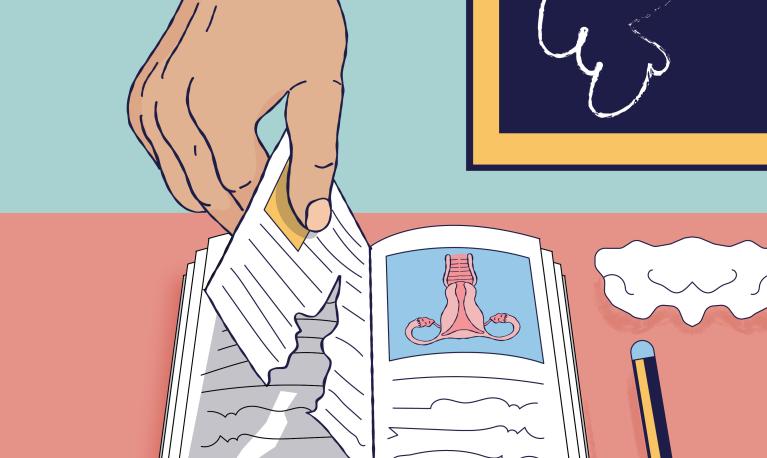
Report
4 September 2024
Published by: ALIGN, SISMA Mujer
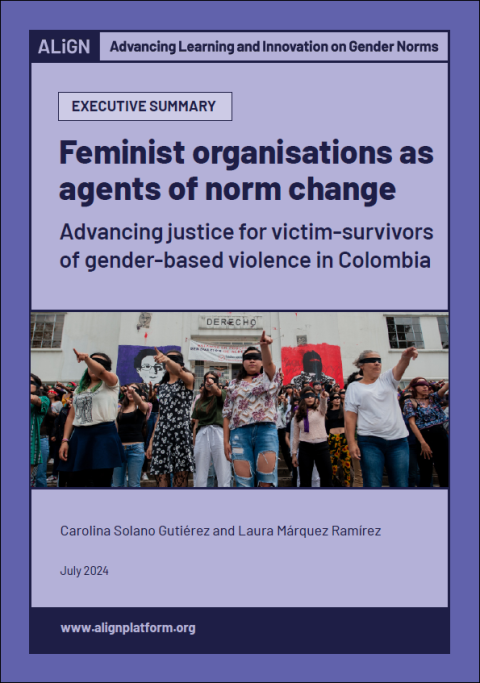
Report
5 August 2024
Published by: ALIGN
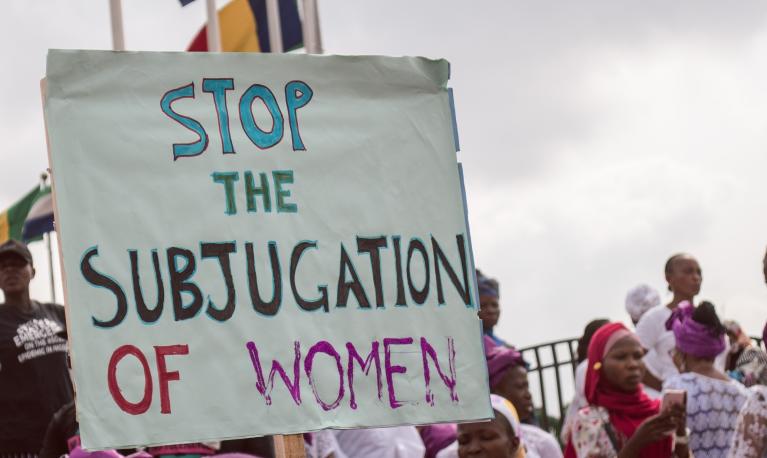
Report
17 July 2024
Published by: ALIGN
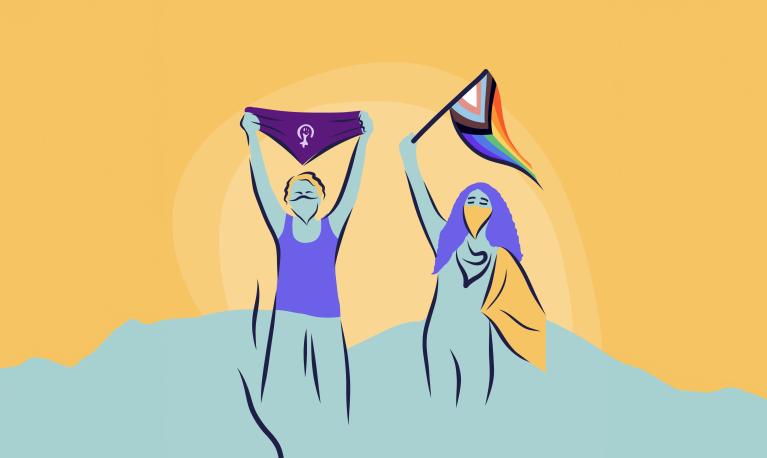
Briefing paper
23 April 2024
Published by: ODI Global
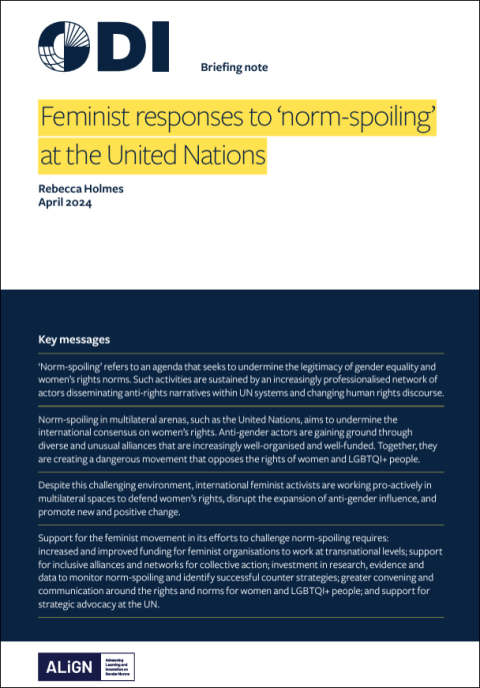
Blog
8 January 2024
Published by: ALIGN
